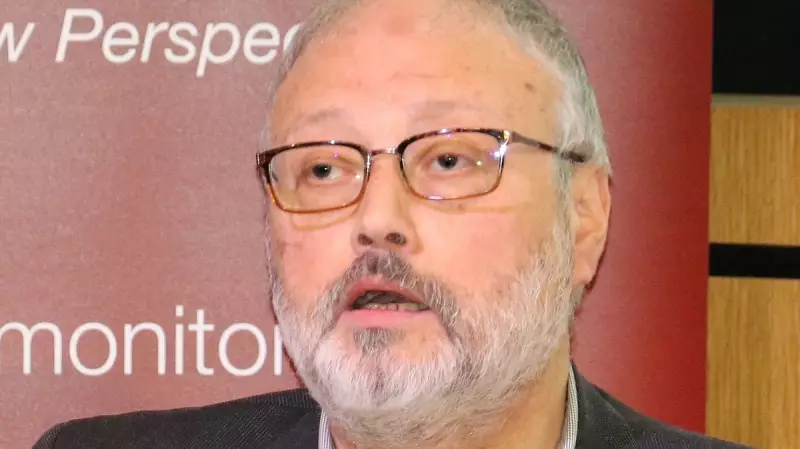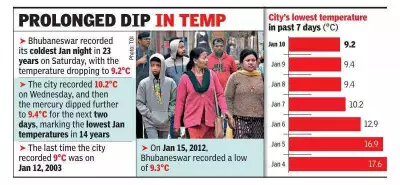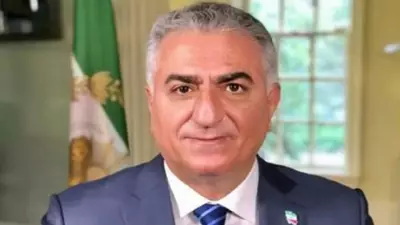
American Democratic lawmakers are intensifying pressure to declassify a controversial telephone conversation between former President Donald Trump and Saudi Arabian leadership that occurred in 2019 following the death of journalist Jamal Khashoggi.
The Controversial 2019 Phone Call
The demand centers around a specific conversation that took place in 2019, a period when Alexander Vindman served on the National Security Council. During his tenure, Vindman's responsibilities included reviewing confidential presidential telephone calls with foreign leaders, placing him in a position to have direct knowledge of the discussion's content.
Lawmakers who have been briefed on the call's contents have described it as shocking, prompting renewed calls for transparency nearly four years after the journalist's death. The timing of the conversation, coming so soon after Khashoggi's killing, has raised significant questions about the nature of the U.S.-Saudi relationship during the Trump administration.
Alexander Vindman's Role and Testimony
Alexander Vindman, a key figure in the first impeachment proceedings against President Trump, worked directly with sensitive communications as part of his National Security Council duties. His background in handling classified diplomatic conversations gives weight to the current demands for disclosure.
The push for transparency comes as part of broader efforts to reassess American foreign policy with Saudi Arabia. Democratic representatives argue that the American public deserves to understand the full context of discussions between their leaders and foreign powers, particularly when they concern human rights matters of global significance.
Ongoing Political Implications
The continued focus on this 2019 phone call highlights the enduring political ramifications of the Khashoggi case and the complex relationship between the Trump administration and Saudi leadership. The demand for release of the call records represents more than historical interest—it reflects ongoing concerns about accountability in international relations.
As this political battle unfolds, the world watches to see whether this classified conversation will eventually become public, potentially shedding new light on one of the most controversial episodes in recent U.S.-Middle East diplomacy. The outcome could set important precedents for government transparency regarding communications with foreign allies.





